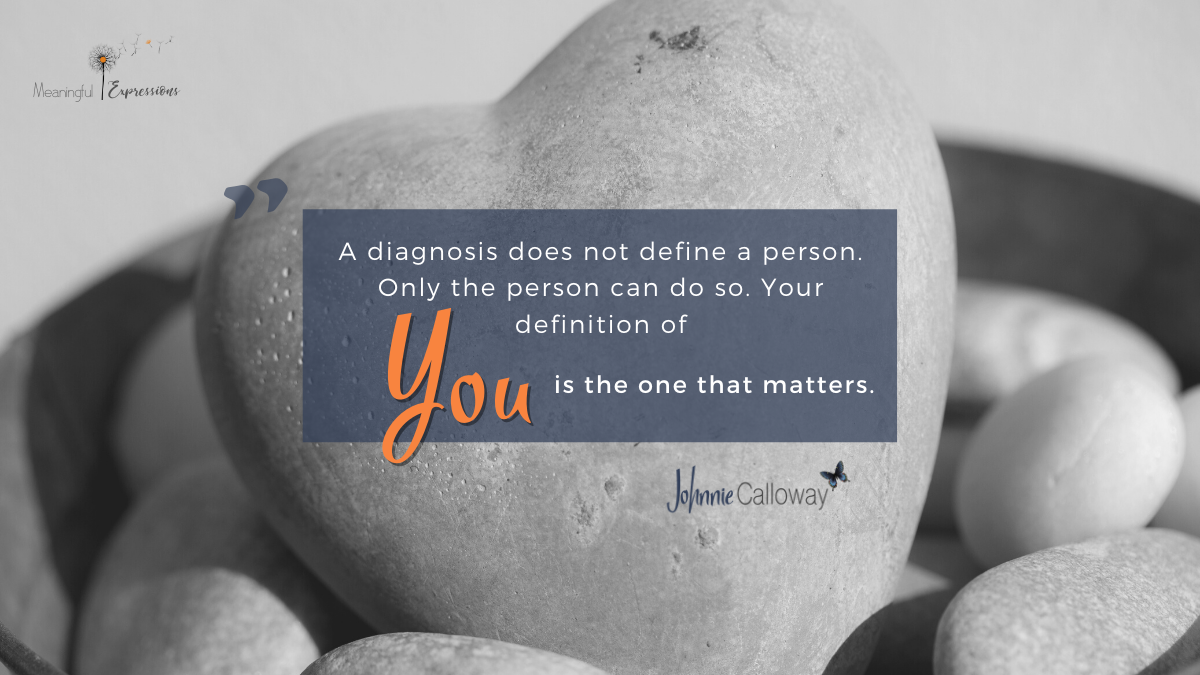Living with a mental health issue can be difficult, to say the least. Add the oftentimes paralyzing fear of the stigmas attached to all of the diagnosis’ and the issues can destroy a life.
When I was first diagnosed with bipolar disorder, I internalized that I was broken and could not be fixed. I had heard and even participated in some of the off-color stories told about those living with bipolar, all based on my own ignorance. Simultaneously I was diagnosed as living with PTSD, Post Traumatic Stress Disorder. The reason I had gone to see a Dr. in the first place was the debilitating anxiety I was living in. Thus, came the diagnosis of Severe Anxiety Disorder, also accompanied by humiliating and demoralizing panic attacks.
Then the words that changed my approach to life itself came, “You have a mental illness.” Or “You are mentally ill.” Take a moment and think about how it must be to one day feel like you are maybe even overly confident, in charge of your life, a survivor and thriver. And in what seemed like overnight, it was all gone. With no confidence, no control, and the ability to think a thought through to its end was gone. A once positive attitude about life shattered to an eternal sense of impending doom. Plans for the future were replaced with constant suicidal ideations. To go from being the friend that could and would always be there to help someone out to being so self-absorbed with depression that you do not want to be bothered with someone else’s troubles. There is no way to describe the pain of having just enough of your mind left to know your mind is gone.
During this time, I was told more times than I can count, “You just need to pray.” When I heard those words, I wanted to scream because I lived in a constant 24-7 prayer mode. Repeatedly uttering the simplest and most powerful of all prayers, “God, please help.”
It is part of the human condition to want to have a reason, an explanation for whatever is going on. The thing about having a mental health issue that I haven’t heard anyone speak of is the immediate sense of guilt that comes with it. In our search for finding the reason, the questions almost instantly follow, “God, what did I do? What have I done?” Even if you know you have not done anything to cause this condition on the most logical of levels, still the guilt comes.
Today, I will not allow myself or anyone else to label me as having a mental illness or being mentally ill. I have mental health issues, and they are all treatable. Through rigorous management of my own thoughts, I control my life, and I am a free man.
I take responsibility for taking my medications. I try to always keep this one fact in the forefront of my mind; ‘My medications are not meant to make me happy; they are only meant to stabilize my brain chemistry so I can do the mental work to be happy.’ I cannot do just one or the other, take the meds, and not do the work and be happy, and if my brain chemistry is not balanced, it becomes challenging to do the mental work. I need to be happy.
It has been several years since I have had an anxiety attack, a depressive episode, a suicidal thought, or a panic attack. That is not to say that I do not get anxious, feel sad or down, and/or frightened. Today, I live a relatively normal life and have for several years. I am still an empath, so I feel deeply about our world and what is happening in it. I cry about all the pain the world is in. But I look for ways to help instead of burying myself under my blanket and calling it a day.
I am just saying mental health issues are treatable, and there is hope.


